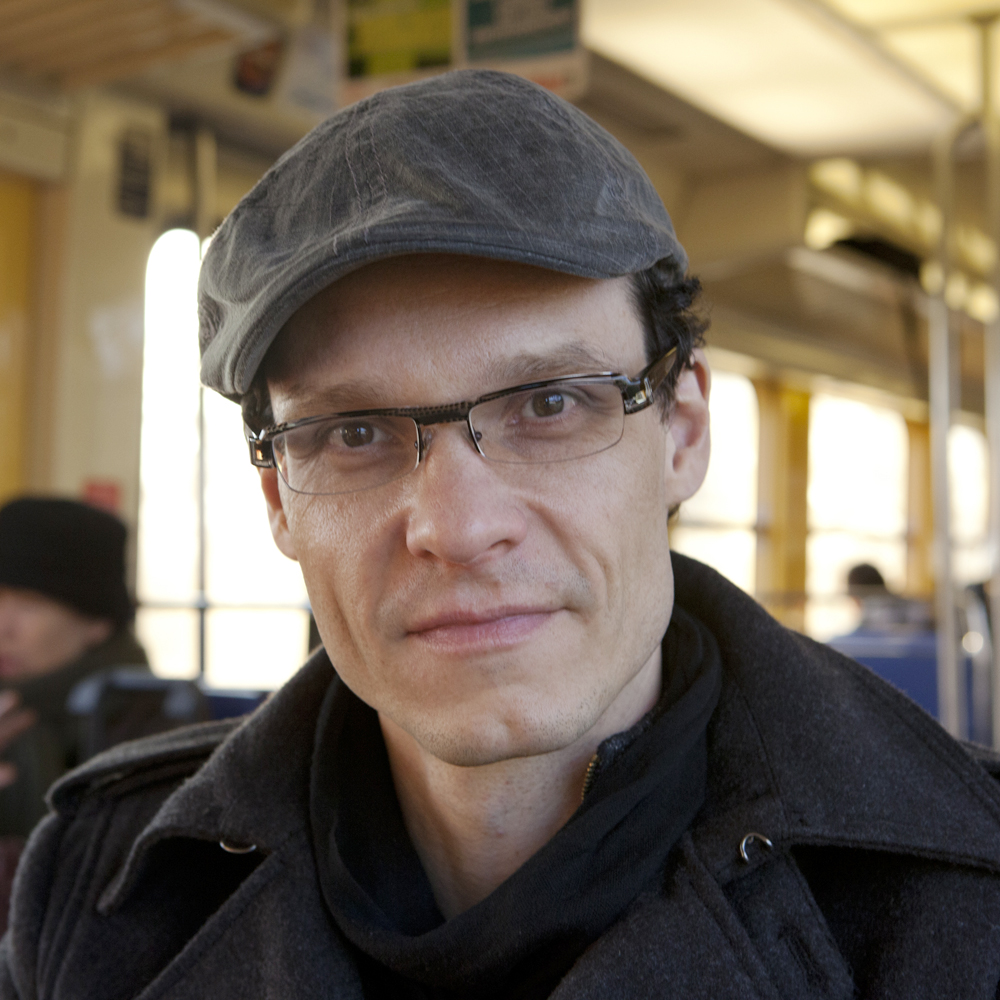
Andreas Kratky is a media artist and assistant professor in the Interactive Media and Games Division and the Media Arts and Practice Division of the School for Cinematic Arts of the University of Southern California. Kratky’s work focuses on new forms of cinema and the poetics of the database. It spans the arts, human computer interaction and digital humanities and comprises several award winning media art projects such as the interactive documentation of Japanese theater “That’s Kyogen”, the interactive installation and DVD “Bleeding Through – Layers of Los Angeles 1920-1986”, the algorithmic cinema system “Soft Cinema”, and the interactive costume projection in the opera “The Jew of Malta”. Kratky’s work has been shown internationally in Europe, USA, Japan, and Korea in institutions like the ICA in London, ICC in Tokyo, HDKW in Berlin, Centre George Pompidou in Paris, and REDCAT in Los Angeles. For his work on the modeling software “Xfrog” Kratky was nominated with the Xfrog-Team for the Science and Technology Award of the Academy of Motion Picture Art and Sciences.
The central elements in my inquiry are databases and interface design. Going beyond the usual interpretation of interface as a tool in human computer interaction I conceive of it as the boundary layer between people, objects and information, using it as an analytical device to rethink and re-envision the relationship to our environment. As the mediating layer that structures information exchange between humans and machines, the interface is the place where meaning emerges. It allows me to conceive of information flows in terms specifically pertaining to the transformations introduced by computing technologies.
Inherently associated with the interface, databases have become a core component of the functioning principles of our society. Whenever we encounter an overwhelming amount of information, we resort to some form of database structure to manage and understand it. Deeply rooted in processes of how humans make sense of the world, they are the structure in the background that enables communication, data and goods exchange, surveillance etc. My work reimagines strategies of interpreting, archiving, and expressing the social in art and the humanities. My research focuses on the study and development of new forms of cinema and the ways the rapidly changing technological landscape of the information society transforms storytelling and communication. In my investigation of the shifting nature of cinematic arts I explore how data technologies and algorithms are becoming essential parts of our thinking and expression, and how new screen languages emerge from technologies such as the database and digital image processing. My research is rooted in equal measure in theory and in practice, combining critical theoretically-informed reflection on the relationship between creative expression and technology and the practical creation of new ways of image- and meaning-making. I actively develop new technological solutions for future cinematic experiences in a process that is informed by my theoretical work, and which, in turn, feeds back to my theory.